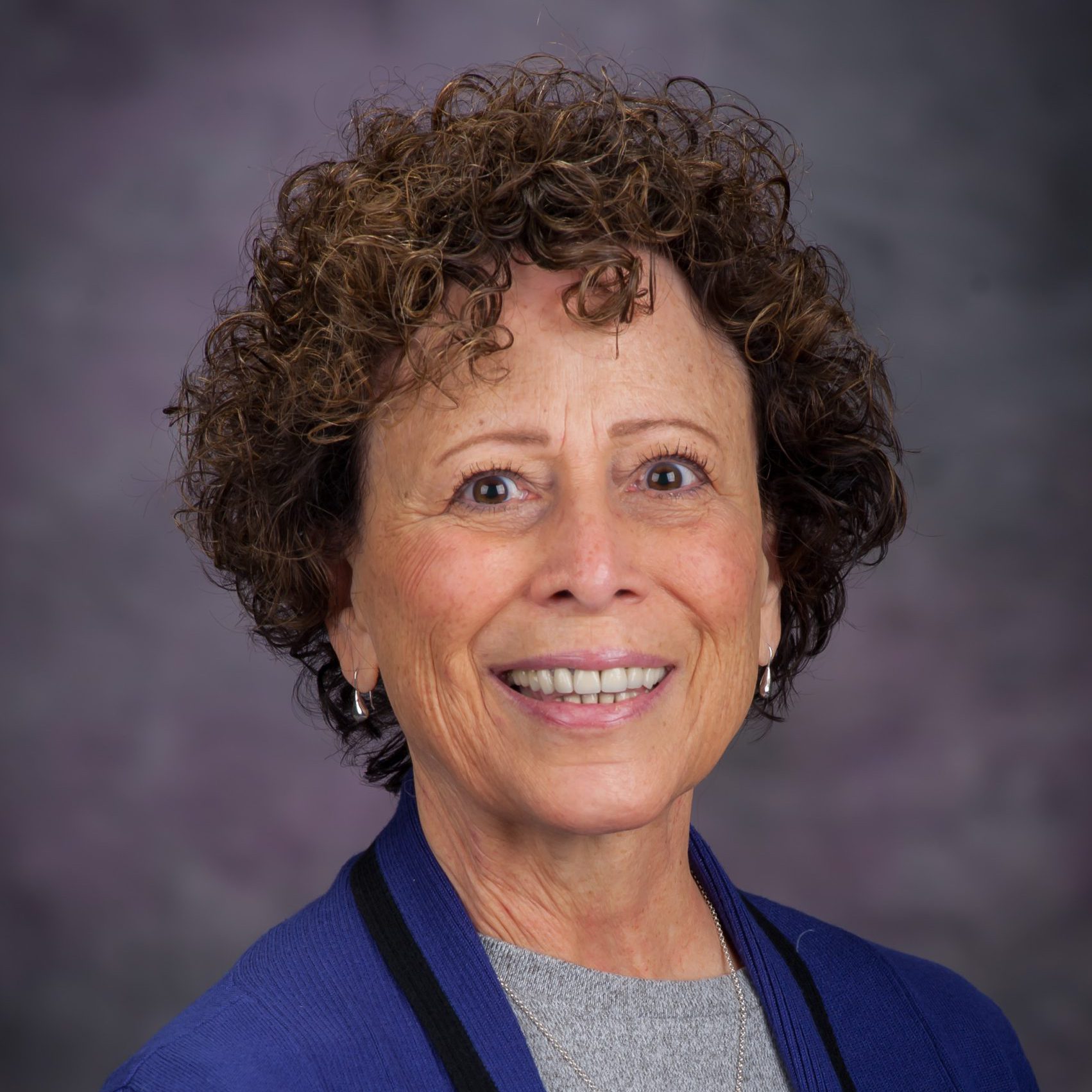Originally published in the Spring 2022 Issue of Kansas Child Magazine.
Before the pandemic, the child care infrastructure was already struggling. Our state and nation are now experiencing unprecedented shortages in licensed homes and facilities and a reduction in qualified providers. Work has begun to address these shortages, but it will take a coordinated effort to solve the variety of issues that have caused our current situation.
One piece of the solution is ongoing training for all licensed providers. Research has linked child care quality and young children’s developmental outcomes with the training of providers and educators. When child care staff receive professional development, they offer higher-quality and more developmentally appropriate activities to the children in their care. The providers are more responsive to each individual child and have appropriate expectations for their behavior and development.
Brain development in the first five years of a child’s life is shaped by early experiences and safe relationships with trusted adults. That means child care is more than babysitting kids so parents can go to work. In fact, child care is an early learning setting that provides children with the foundational skills for school and life.
The best practice for onboarding all new employees is ongoing training, and the field of child care is no different. The Kansas Department of Health and Environment, Child Care Licensing requires training before approving a license.
To help providers fulfill licensing requirements and begin the foundational professional development they need, Kansas Child Care Training Opportunities (KCCTO) has developed an online training module. Currently, the Foundations for Safe and Healthy Early Care Facilities Module covers 10 topics over two weeks and is facilitated by a KCCTO Trainer and Technical Assistance Specialist. Follow-up procedures during and after the course include peer-networking groups, one-on-one technical assistance phone calls, and support for providers to create an individualized professional development plan for ongoing training and education.
The topics included in the training module are:
- Basic child development
- Building and physical premises safety
- Child abuse and neglect: identification, reporting, and prevention
- Transportation safety
- Handling, storing, and disposing of hazardous materials and biological contaminants
- Emergency preparedness
- Prevention and control of infectious diseases
- Prevention of and response to emergencies due to food and allergic reactions
- Reducing the risk of SIDS and using safe sleep practices
- Medication administration
Providing the early childhood workforce with quality training and trainers is essential to recruiting new providers. Training helps providers and educators understand the importance of their work with children. They continue to learn and practice skills from the training and receive support from mentors, coaches, and other staff.
As the National Center on Early Childhood Development, Teaching, and Learning points out: “Young children require consistency of caregivers, settings, and experiences to have a strong foundation from which to grow and develop.” Disruptions from staff turnover and inconsistent care can undermine children’s and parents’ sense of safety, and this damage is not easily repaired. Because attachment and social-emotional development is crucial for children’s brain development and overall well-being, we need trained, quality professionals who will stay in the field for the long term.
With this new training in place, our state is ready to recruit more child care providers and early childhood educators. By offering ongoing professional development opportunities for the current workforce, we can help retain the quality workforce required for children’s development and our state’s economic future.
-

Linda Logan
Program Coordinator, Training & Technical Assistance Specialist, Kansas Child Care Training Opportunities (KCCTO)
Linda has spent the past 40 years working for and with young children and their families in early childhood education. She is grateful for the lessons learned from and with children, parents, and colleagues. Her grandchildren (ages 6, 3, and 2) continue to teach her new things and keep her on her toes, practicing what she preaches. Linda has been with KCCTO since 2008 in several different capacities, but coordinating and facilitating KCCTO’s online courses for child care providers has been one of her primary — and favorite — responsibilities.






